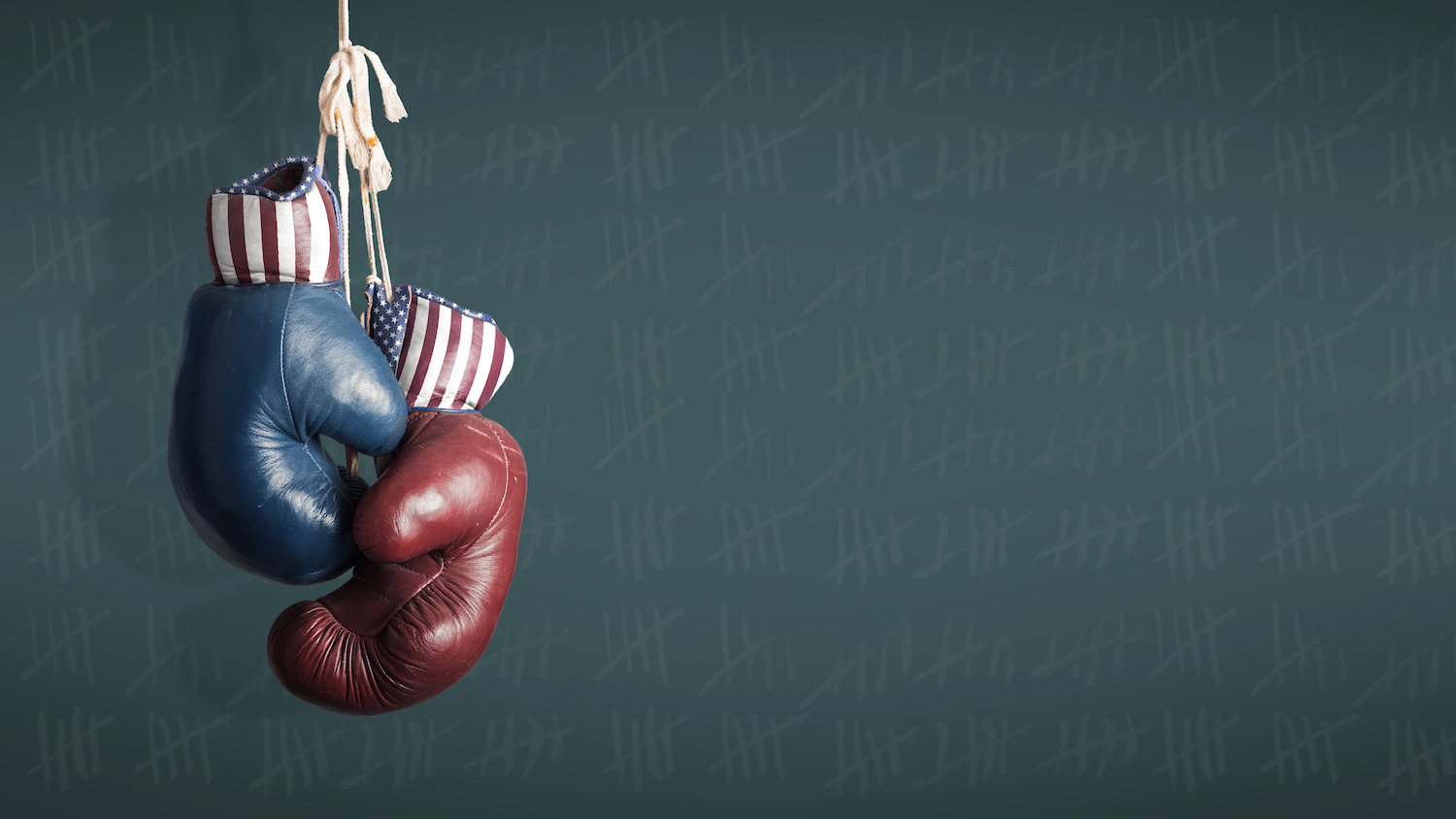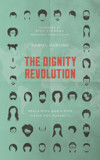
For most of my life, in some form or another, I’ve been involved in public activism. Today I serve at the public policy agency for America’s largest Protestant denomination.
Today, even as I write, there is much-renewed discussion, debate, and disagreement on the role of Christians in the public square, perhaps especially in the US, but also in other Western democracies. Politics seduces and it also repels.

Inspiring Christians to see people as God sees them and make a difference
Indeed, some are called to a life of public service in elected or appointed office. Others are called to advocacy work, thought leadership, or journalism. For most Christians, though, politics is not an everyday calling. But none of us, I believe, can afford to be completely disengaged. Here are three reasons why.
Take a look at Jesus’ words in Mark 12 v 17: “Render to Caesar the things that are Caesar’s and to God the things that are God’s”. This was not simply a clever pushback to two groups who were attempting to trap Jesus with their questions. He was making a statement about the authority of government and the authority of God.
Jesus is saying that, contrary to what the Romans believed, Caesar was not divine. He ruled only at the discretion of the divine. So Caesar was not to be worshiped. We are not created in Caesar’s image, but in God’s image. On the one hand, our leaders are due our respect, not necessarily because of their character or policies, but because of their offices. We should respect them (1 Peter 2 v 13-14, 17). But at the same time, we must not worship them. Only God owns the conscience. So Caesar is not divine, but he is not irrelevant either.
Paul teaches us that all authority and power is “instituted by God” as “God’s servant for your good” (Romans 13 v 1, 4). In a representative democracy, this not only means that the leaders will be held accountable to God for the God-given power they possess; it also means that those who have the responsibility of electing their leaders, of influencing public policy, and of influencing the debate in the public square will also be held accountable.
Our freedoms—the opportunity to vote, to shape policy, to influence the public debate—are a gift and a stewardship from God. To completely disengage is an abdication of this stewardship. It is not good enough to say that we are not interested in politics or don’t think politicians are worthy of our time or our prayers, any more than it is good enough to locate all our hopes and dreams (even at the expense of compromising our integrity) in a particular
platform or leader.
There are, famously, two commandments that sum up the whole of God’s law. Jesus commands us to “love the Lord your God with all your heart and with all your soul and with all your mind,” and to “love your neighbor as yourself ” (Matthew 22 v 37, 39). If we would do the first, we must do the second. Christian witness is not simply about vertical piety, but horizontal love.
There are many ways we show love for our neighbors. We serve them by looking out for their needs, respecting their property, and caring for them in a crisis. Mostly we love our neighbor by declaring to them the good news of the gospel: that in Christ they can be reconciled to the Creator who made them in his image.
But our neighbor-love can’t stop there. We have to ask ourselves: can we adequately and fully love our neighbors if we are ignoring the opportunity to shape the social structures that affect them and the government that will rule over them?
Can we say that we love our unborn neighbors if we have an opportunity to speak out for their lives, but don’t?
Can we say that we love our neighbors who are living below the poverty line if we have an opportunity to speak out for their welfare, but don’t?
Can we say that we love our trafficked and enslaved neighbors if we don’t work for their freedom?
Can we say that we love our immigrant neighbors if we are silent as they are mistreated?
I sincerely contend that we can’t.
When we use our freedom to speak up for the vulnerable, to point to a kingdom ethic, and to work for good government and good leadership, we are speaking to consciences that can be worked in and formed by the Spirit of God. When we speak a gospel word—a prophetic word—to the culture, we aim that some who hear us will have their heads and their hearts stirred. Some who most vociferously oppose us may one day be transformed by the Spirit of God and become our brothers and sisters in Christ. We speak to the law written on the hearts of men (Romans 2 v 15). Paul says that it is part of the mission of every Christian to engage with “arguments and every opinion against the knowledge of God” (2 Corinthians 10 v 5). The Spirit of God is powerful enough to take our feeble arguments and use them to convict the hearts of those who hear and overhear. And even when he does not choose to use our witness in this way, we are still standing up and saying to those around us, with gentleness and respect, that there is another way, a better way, a more dignified way.
Politics is necessary—but is there a way to do politics that transcends the zero-sum, soul-crushing, gospel-denying way that it is often conducted? In the last few years, I’ve become increasingly disenchanted with both the left and the right in my country. We are, it seems, becoming increasingly tribal, defending the worst kind of behavior in our own candidates while attacking the low character of candidates in the other party. Even Christians have succumbed to the moral relativism of the age, excusing immoral and disgusting behavior because it is “their guy” or “their girl.”
We must resist letting our politics shape our faith instead of our faith shaping our politics. This will take great courage. It will mean being criticized, at times, for being too conservative and being criticized, at times, for being too liberal. But a public witness that never crosses the aisle or that is galvanized by fear of the other party is not a public witness that loves our neighbors well. If we are going to stand alongside the people our King most delighted in visiting—the lowly, the meek, the vulnerable—we cannot let our worldly alliances dictate our words and silences, our action and inaction.
We have too often allowed our politics to tear at the unity we have in Christ. Those of us who are more engaged in activism than others need, at times, to reflect on the way we have done politics. Every election season provides fresh temptations to endorse candidates in a way that alienates us from our brothers and sisters in Christ and from our neighbors in the world. Frankly, many of us need to repent of the things we’ve said on social media, the leaders we’ve anointed as “God’s man” or “God’s woman,” and the way we are tempted to twist the gospel to score cheap points for our side.
Before we are activists, we are worshipers. But equally, if we are truly worshipers, we will be activists; because we worship a great God, and it is his image that we see in every person—for every person has God-given dignity, no matter their utility.
In The Dignity Revolution, Daniel Darling shows us that each one of us can be, and are called to be, part of this new movement—a human dignity revolution that our societies desperately need, and how we—you—are uniquely placed to join.